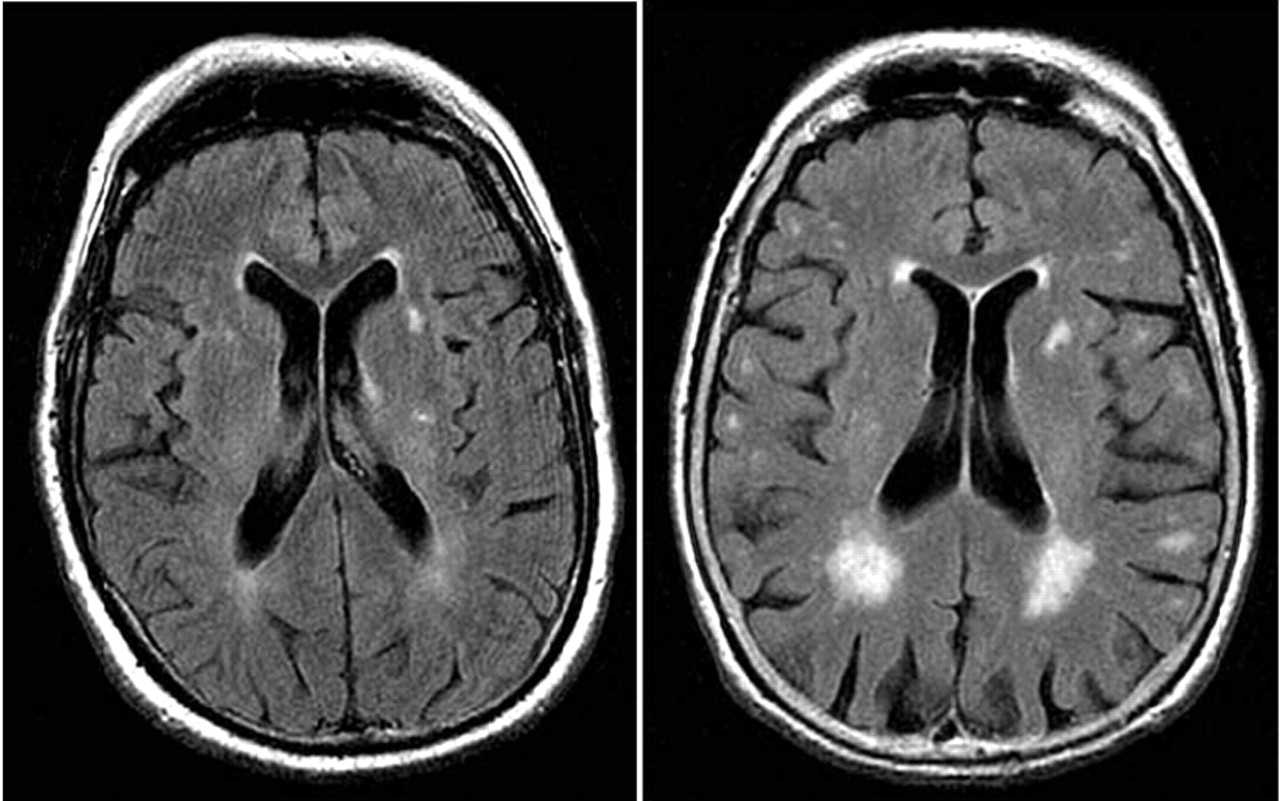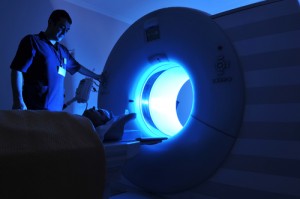5-Minute Brain MRI Can Reveal Risk for Alzheimer’s Disease

 New diagnostics are currently being developed by researchers to help doctors ascertain risk factors for Alzheimer’s Disease before the onset of symptoms. A recent study showed that a brain scan lasting no longer than 5 minutes could potentially yield results indicative of dementia risk by determining how much blood flow and oxygenation the brain is receiving. Combined with two recommended interventions to reduce risk for dementia — switching to a healthier diet and adhering to a regular exercise regimen — scientists are beginning to make headway in addressing the disease, for which there is currently no known cure of FDA-approved therapies that treat the underlying condition.
New diagnostics are currently being developed by researchers to help doctors ascertain risk factors for Alzheimer’s Disease before the onset of symptoms. A recent study showed that a brain scan lasting no longer than 5 minutes could potentially yield results indicative of dementia risk by determining how much blood flow and oxygenation the brain is receiving. Combined with two recommended interventions to reduce risk for dementia — switching to a healthier diet and adhering to a regular exercise regimen — scientists are beginning to make headway in addressing the disease, for which there is currently no known cure of FDA-approved therapies that treat the underlying condition.
According to the findings of Swiss researcher Sven Haller of the University of Geneva and his team, screening before memory loss even manifests would allow time for early and preventive treatment. While it was not clearly established if reduced blood flow to the brain causes memory loss, or if the reverse is true, meaning brain damage reduces blood flow, an MRI scan can still be useful in predicting who are more likely to develop Alzheimer’s disease.
Haller led the study on over 200 men and women in advanced age, who underwent a standard MRI scan. Prior to scanning, some participants were determined to be healthy, while some had mild cognitive impairment (MCI), which past studies have associated with the development of Alzheimer’s in the following year. The subjects were then asked to complete a series of mental and memory tests, which they repeated 18 months after.
During the initial round of mental tests, only those with MCI had difficulty. The second round revealed half of those who were healthy had some difficulty too. Alarmingly, it was found that the healthy subjects’ new brain scans were similar to those who had MCI in that the brain’s posterior cingulate cortex, which has been noted to be less active in people with Alzheimer’s, is not receiving enough circulation. The findings of this study are available in the journal Radiology.






